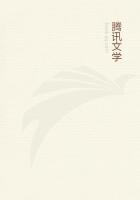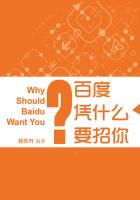(July 1841)
The Opinions of Lord Holland, as recorded in the journals of the House of Lords from 1797 to 1841. Collected and edited by D. C.
MOYLAN, of Lincoln's Inn, Barrister-at-law. 8vo. London: 1841.
Many reasons make it impossible for us to lay before our readers, at the present moment, a complete view of the character and public career of the late Lord Holland. But we feel that we have already deferred too long the duty of paying some tribute to his memory. We feel that it is more becoming to bring without further delay an offering, though intrinsically of little value, than to leave his tomb longer without some token of our reverence and love.
We shall say very little of the book which lies on our table. And yet it is a book which, even if it had been the work of a less distinguished man, or had appeared under circumstances less interesting, would have well repaid an attentive perusal. It is valuable, both as a record of principles and as a model of composition. We find in it all the great maxims which, during more than forty years, guided Lord Holland's public conduct, and the chief reasons on which those maxims rest, condensed into the smallest possible space, and set forth with admirable perspicuity, dignity, and precision. To his opinions on Foreign Policy we for the most part cordially assent; but now and then we are inclined to think them imprudently generous. We could not have signed the protest against the detention of Napoleon. The Protest respecting the course which England pursued at the Congress of Verona, though it contains much that is excellent, contains also positions which, we are inclined to think, Lord Holland would, at a later period, have admitted to be unsound.
But to all his doctrines on constitutional questions, we give our hearty approbation; and we firmly believe that no British Government has ever deviated from that line of internal policy which he has traced, without detriment to the public.
We will give, as a specimen of this little volume, a single passage, in which a chief article of the political creed of the Whigs is stated and explained, with singular clearness, force, and brevity. Our readers will remember that, in 1825, the Catholic Association raised the cry of emancipation with most formidable effect. The Tories acted after their kind. Instead of removing the grievance they tried to put down the agitation, and brought in a law, apparently sharp and stringent, but in truth utterly impotent, for restraining the right of petition. Lord Holland's Protest on that occasion is excellent:
"We are," says he, "well aware that the privileges of the people, the rights of free discussion, and the spirit and letter of our popular institutions, must render,--and they are intended to render,--the continuance of an extensive grievance and of the dissatisfaction consequent thereupon, dangerous to the tranquillity of the country, and ultimately subversive of the authority of the State. Experience and theory alike forbid us to deny that effect of a free constitution; a sense of justice and a love of liberty equally deter us from lamenting it. But we have always been taught to look for the remedy of such disorders in the redress of the grievances which justify them, and in the removal of the dissatisfaction from which they flow--not in restraints on ancient privileges, not in inroads on the right of public discussion, nor in violations of the principles of a free government. If, therefore, the legal method of seeking redress, which has been resorted to by persons labouring under grievous disabilities, be fraught with immediate or remote danger to the State, we draw from that circumstance a conclusion long since foretold by great authority--namely, that the British constitution, and large exclusions, cannot subsist together; that the constitution must destroy them, or they will destroy the constitution."
It was not, however, of this little book, valuable and interesting as it is, but of the author, that we meant to speak; and we will try to do so with calmness and impartiality.
In order to fully appreciate the character of Lord Holland, it is necessary to go far back into the history of his family; for he had inherited something more than a coronet and an estate. To the House of which he was the head belongs one distinction which we believe to be without a parallel in our annals. During more than a century, there has never been a time at which a Fox has not stood in a prominent station among public men. Scarcely had the chequered career of the first Lord Holland closed, when his son, Charles, rose to the head of the Opposition, and to the first rank among English debaters. And before Charles was borne to Westminster Abbey a third Fox had already become one of the most conspicuous politicians in the kingdom.
It is impossible not to be struck by the strong family likeness which, in spite of diversities arising from education and position, appears in these three distinguished persons. In their faces and figures there was a resemblance, such as is common enough in novels, where one picture is good for ten generations, but such as in real life is seldom found. The ample person, the massy and thoughtful forehead, the large eyebrows, the full cheek and lip, the expression, so singularly compounded of sense, humour, courage, openness, a strong will and a sweet temper, were common to all. But the features of the founder of the House, as the pencil of Reynolds and the chisel of Nollekens have handed them down to us, were disagreeably harsh and exaggerated. In his descendants, the aspect was preserved, but it was softened, till it became, in the late lord, the most gracious and interesting countenance that was ever lighted up by the mingled lustre of intelligence and benevolence.
As it was with the faces of the men of this noble family, so was it also with their minds. Nature had done much for them all. She had moulded them all of that clay of which she is most sparing.














